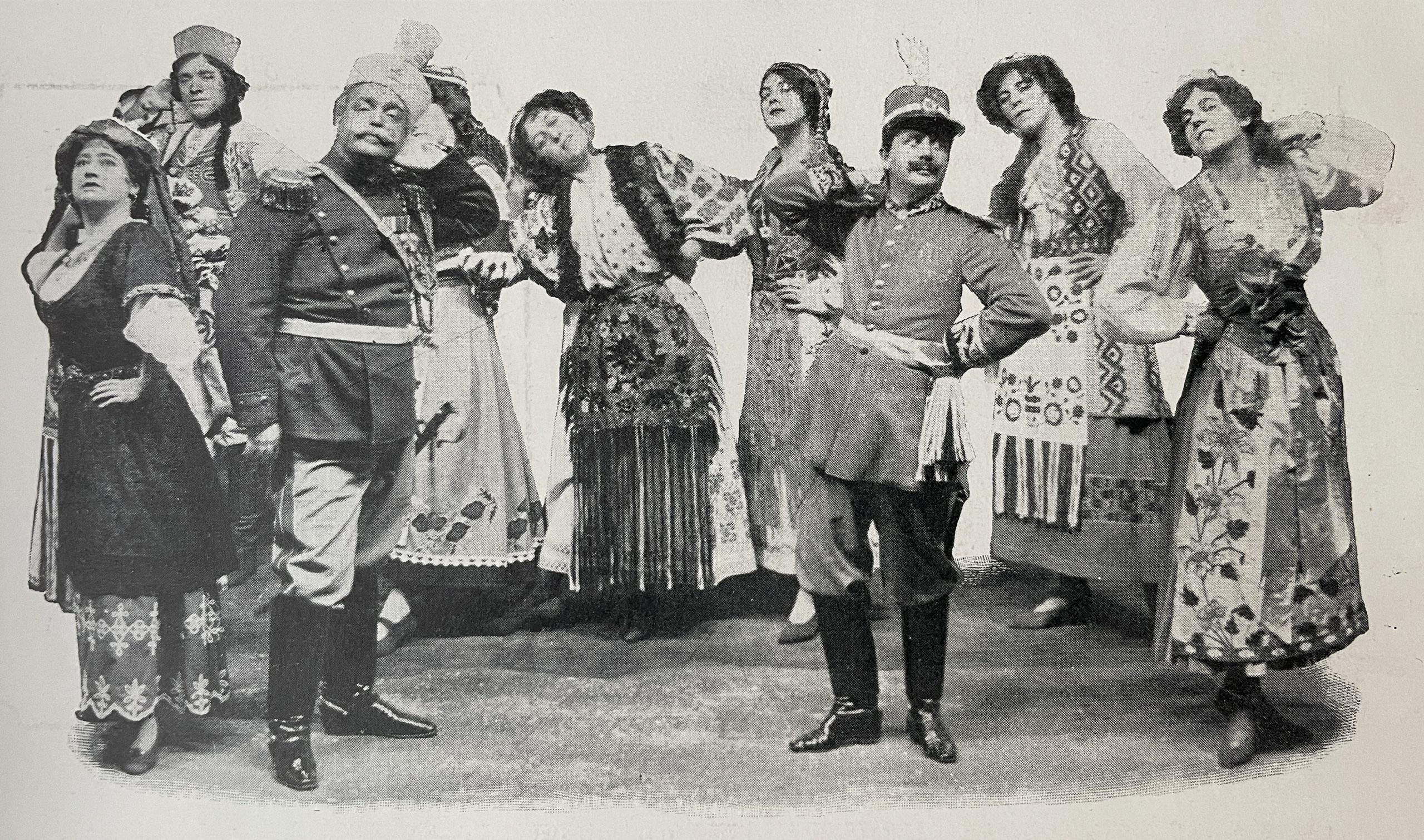In her new book Tracing your Theatrical Ancestors Professor Katharine Cockin helps us find the theatrical in our family trees. Importantly, being a “Theatrical Ancestor” does not just mean those who appeared on stage as the star. Online indexes and archives have opened up this area of family history. We now have easy access to documents we wouldn’t have found otherwise. Our ancestors left rich details of their lives across a range of professions and positions in society.
The book has useful links and insights on how to use online resources and physical archives. There are also interviews and case studies that bring to life how to carry out your own research.
I was interviewed by Katherine for the book about my g-g-grandfather David Abrahams. It is fascinating to see my perspective in the context of the experience of others. I discuss how a few scraps of family documents and memories unlocked a lifelong fascination of finding out more. Everyone’s theatrical ancestors are quirky and unique, but there is a lot of shared experience and information out there. You can understand their life through the experience of those around them.
My top tip is don’t just search for a name of an ancestor, you have to dig. Think about the productions they were in and people they worked with. David Abrahams throughout his life was known as Master Abrahams, Dave Abrahams and Dave Abrams. It was many years after I started researching that I found a reference to his membership of the Rosa Troupe. Further research discovered his sisters Mdlles. Rosa, Hannah/Anna and Kate/Kitty. It is in researching all together I really get a feel for the life of David. Only typing in “David Abrahams” to online databases would not have got me far. Similarly I focus a lot on the community they lived and worked in near the Strand in London. This broader context helps to unlock new areas of research and a growing cast of characters they interacted with. I think this is the strength of Katharine’s book. It helps you understand the context of your ancestor’s life, even if you don’t find a named reference.
Each chapter has an overview of an aspect of theatrical history and how this impacts on the records that survive. This includes those on stage and behind the scenes, the communities they visited and their audiences. The theatre simply attracts attention and if it involved your ancestors they are likely to leave a trace. Tracing these ancestors can be a never ending quest. I feel this with the Rosa Troupe. They were a multi-talented and hard working group of individuals, often supporting more famous performers. Working with a star, even for a day, means I have a whole new area of research to follow up.
If you are interested in researching your own ancestors I would naturally recommend purchasing the book. It is available from all good independent bookshops and online. I also recommend looking at my library page. I have included links to various online records that I have found useful. Good luck.
Image: Scene from the Chocolate Solider, Lyric Theatre, UK, c.1910. Reproduced from the Play Pictorial from the author’s collection. No members of the Rosa Troupe appeared on stage. The involvement was behind the scenes as Rosa arranged the ballet.
